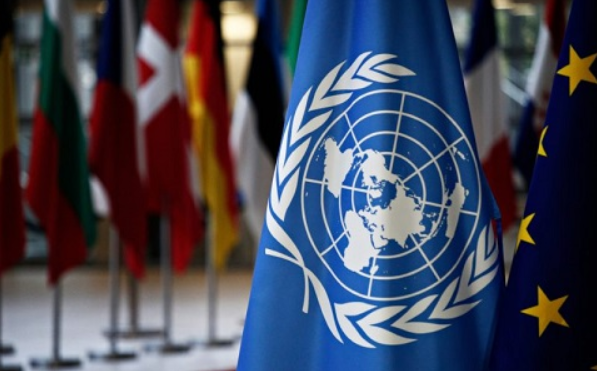UN Releases New Report Emphasizing Risks of Global Cannabis Legalization
Earlier this week, the United Nations Office on Drugs and Crime (UNODC) published a new report that takes a critical stance on the progress of cannabis reform worldwide. The agency expresses concern that legalizing cannabis could lead to increased recreational use, which it views as a potential danger to humanity. This position is taken despite the report itself acknowledging that such reforms move the industry into the legal sector, reducing criminal profits, and that medical professionals and scientists have yet to find any serious health risks associated with cannabis use.
Furthermore, the report notes that legalization has not led to an increase in youth cannabis consumption, citing data from the United States and Canada, where comprehensive regional and national legalization programs are already in place.
Pandemic-Related Increase in Cannabis Use
The report also highlights a significant rise in cannabis consumption over the past two years, attributing this trend to the COVID-19 pandemic. Experts point out that both legal and underground markets have seen increased demand, as many people turned to cannabis to manage stress during the global health crisis. This fact, they argue, demonstrates cannabis’s effectiveness in stress relief rather than indicating a new wave of drug addiction.
Controversial Claims About Mental Health Risks
The report’s authors link cannabis use to hypothetical risks of developing depression, psychosis, and suicidal tendencies, despite clinical studies confirming the plant’s high efficacy in treating such conditions and preventing related incidents. The report also suggests that these “observed” risks may be connected to higher average THC concentrations in modern legal and illegal cannabis products, yet provides no concrete evidence to support this claim.
Meanwhile, several studies, including long-term research by the U.S. National Institute of Psychiatry from 2008 to 2019, have found no such effects associated with cannabis use. On the contrary, these studies highlight the plant’s effectiveness in treating stress and depressive disorders, as well as various forms of psychological and physiological dependence. In other words, all available data suggest that cannabis helps people cope with trauma and reduces the use of far more dangerous substances like alcohol and opioids, rather than increasing the risk of suicide or psychosis.
UN’s Contradictory Position Raises Questions
Overall, it is surprising that a UN agency would issue a document that exclusively criticizes cannabis legalization while ignoring its therapeutic uses—especially just a year after the World Health Organization adopted a resolution supporting the plant’s status as a legal and legitimate therapeutic agent worldwide. It appears that the report and its authors may be influenced by the still-powerful prohibitionist lobby, which includes not only the usual suspects from Asia and the Middle East but also interests from the United States and Europe.



